
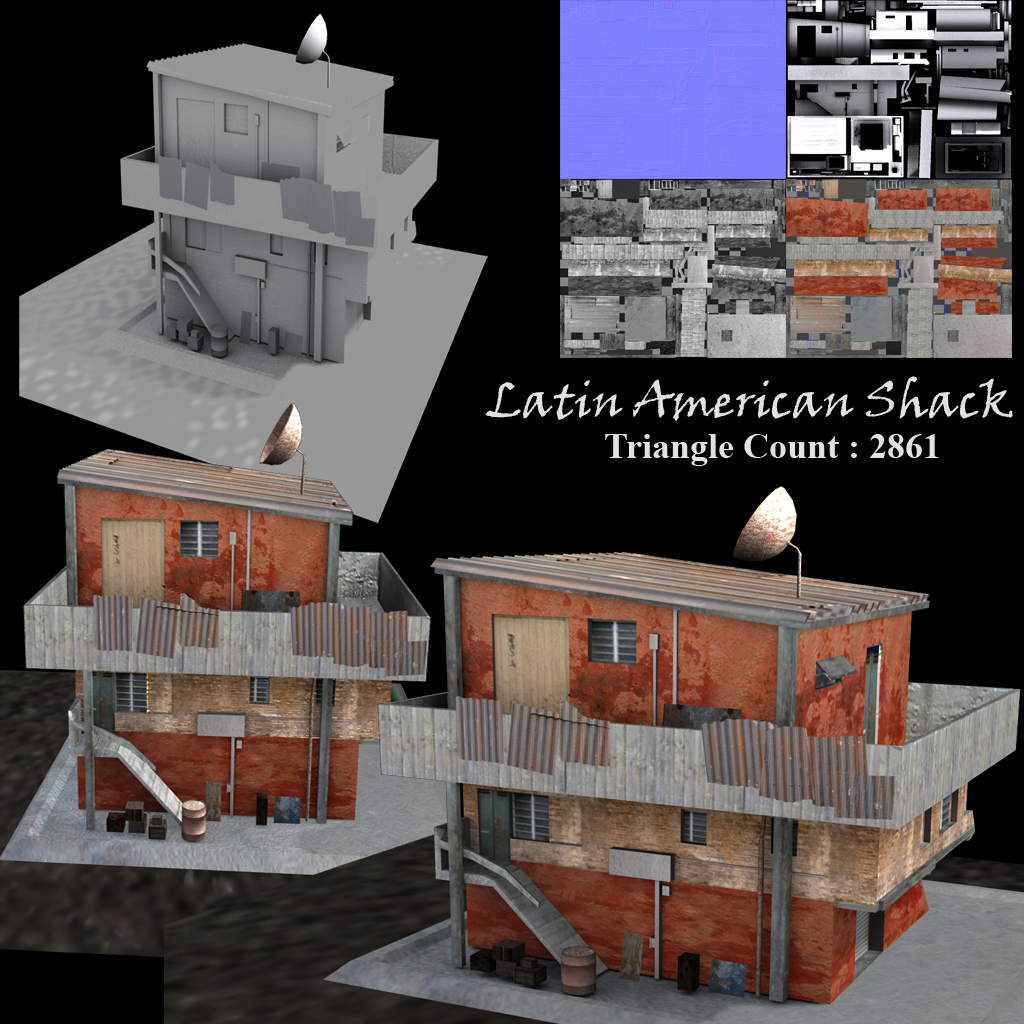
For those of you who read this whole post, I'm sorry if this didn't make much sense. I'm walking in my sleep right now :)
“The greatness of a nation and its moral progress can be judged by the way its animals are treated” -Mahatma Gandhi


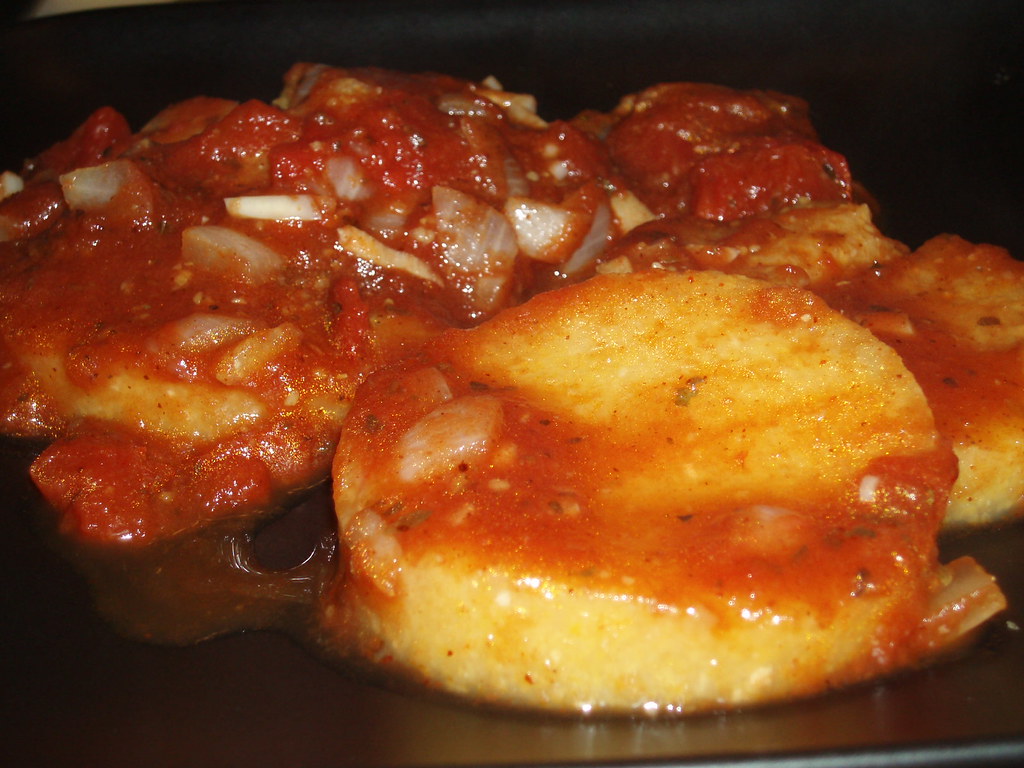
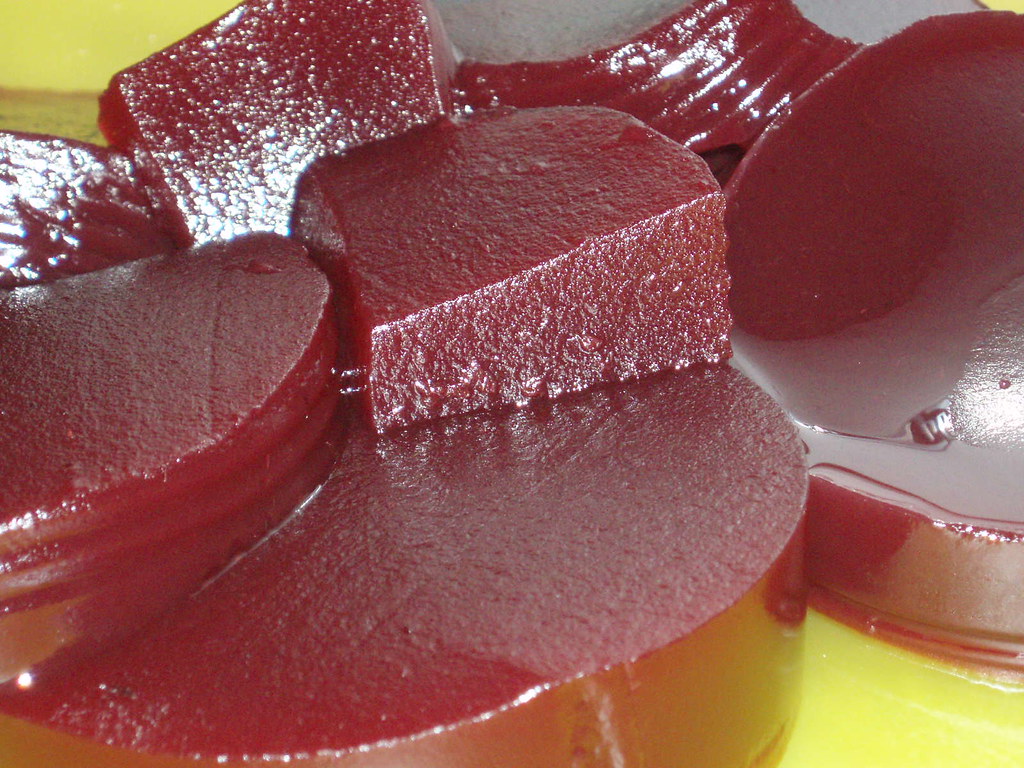
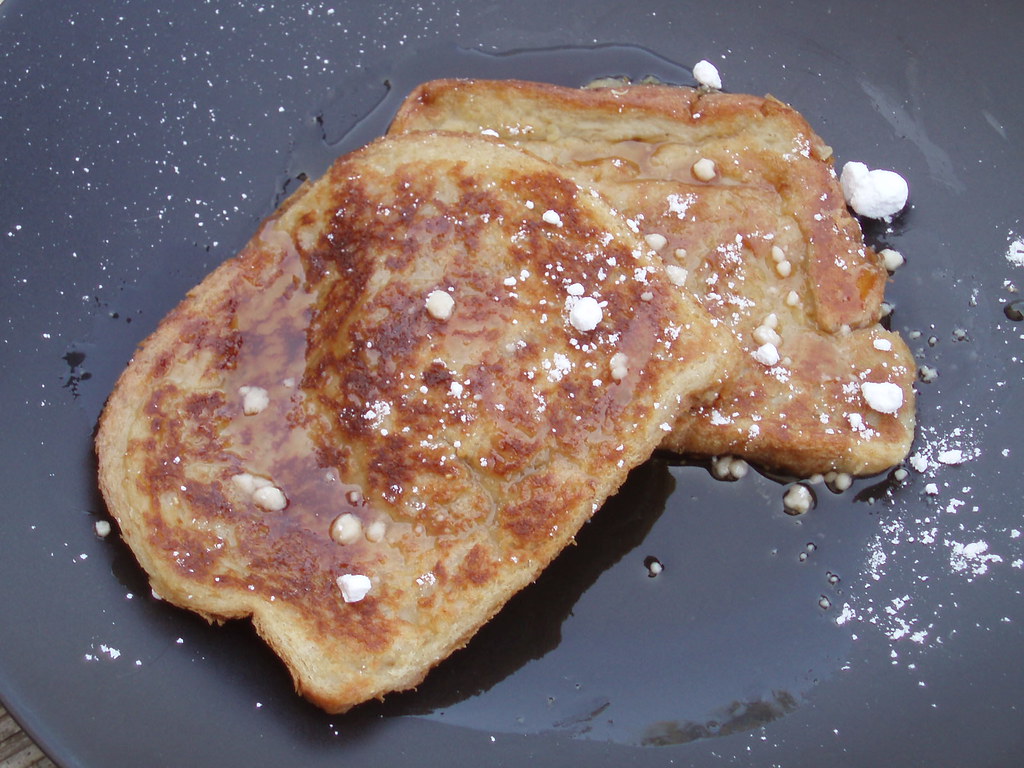


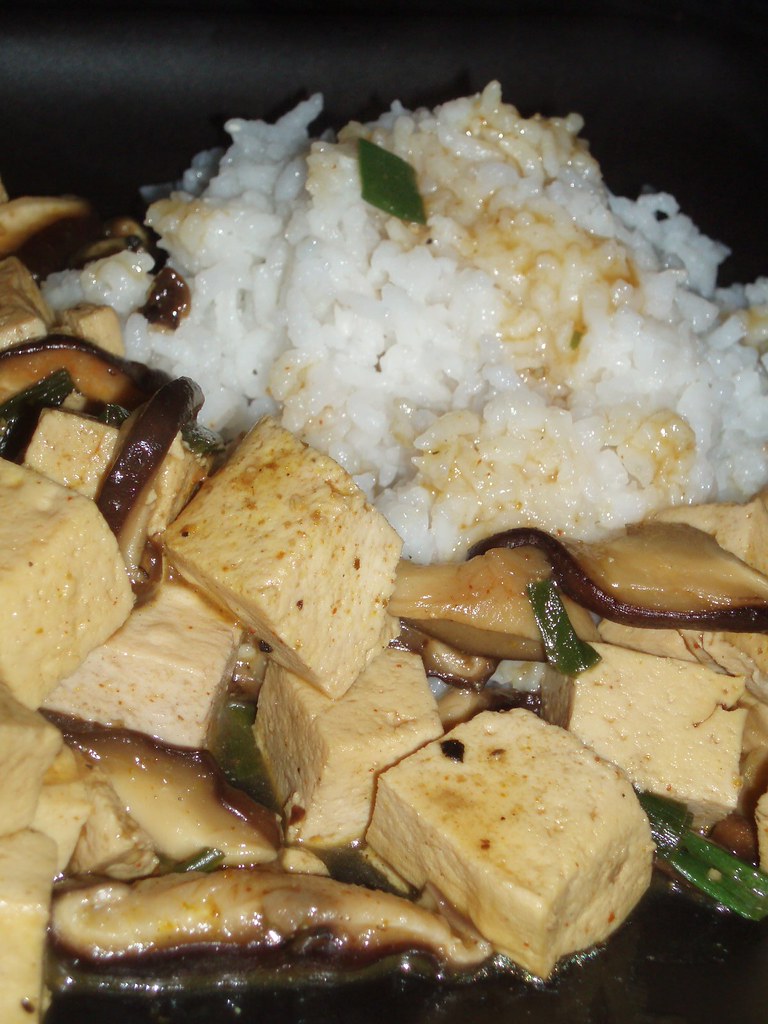
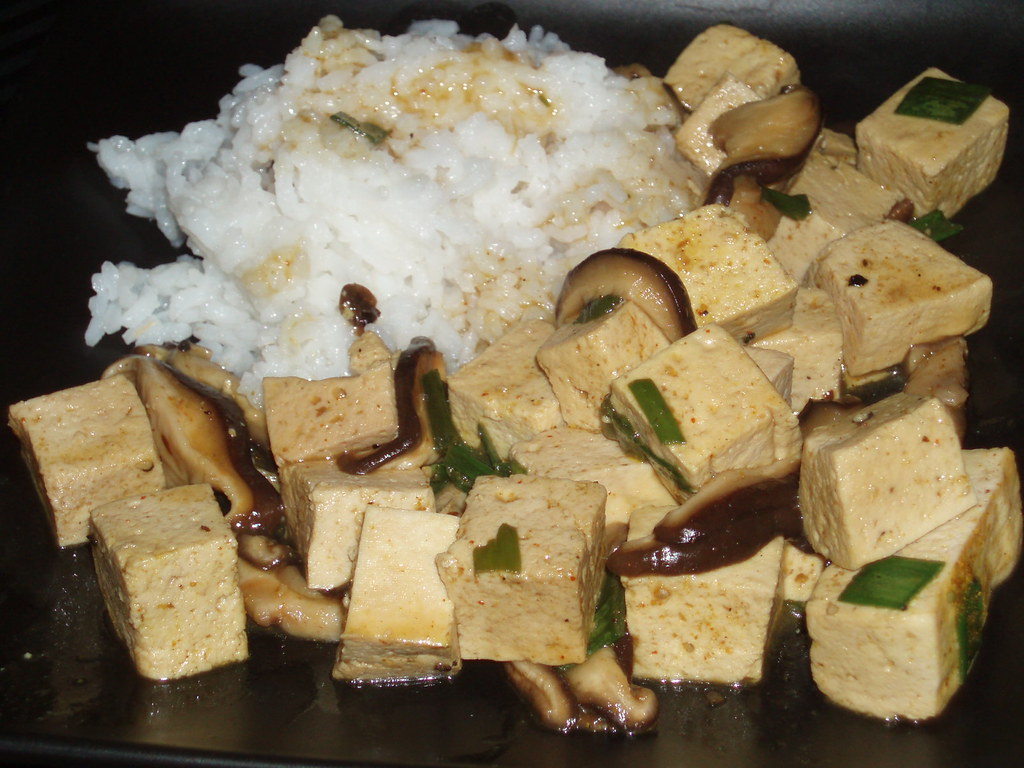
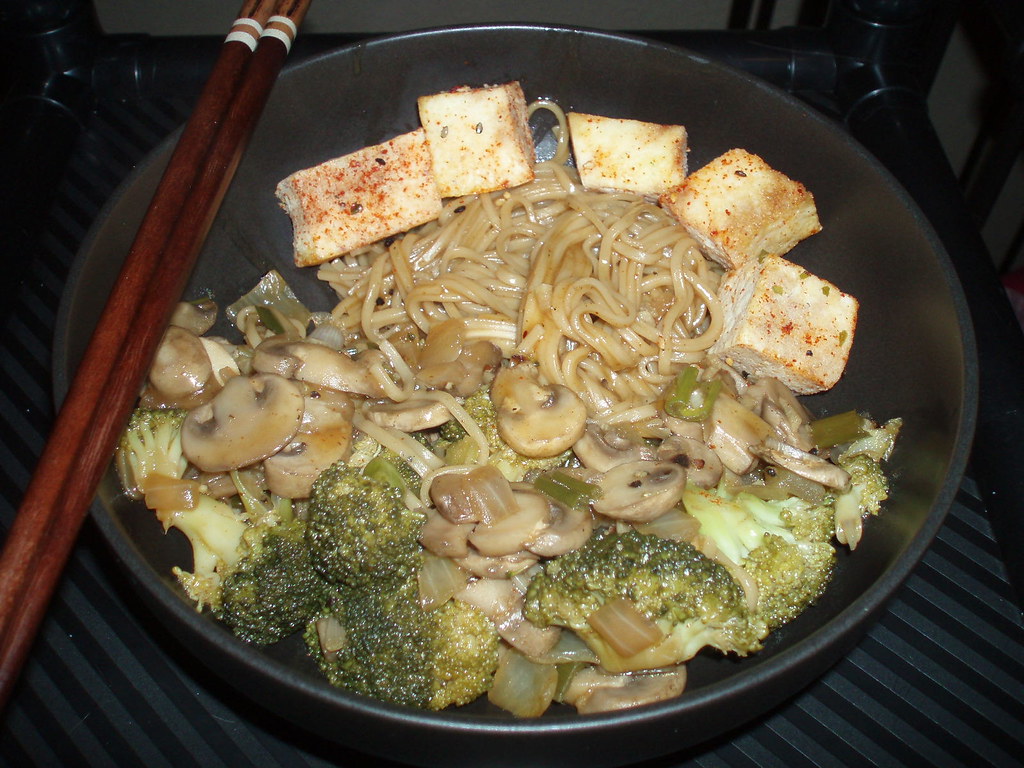
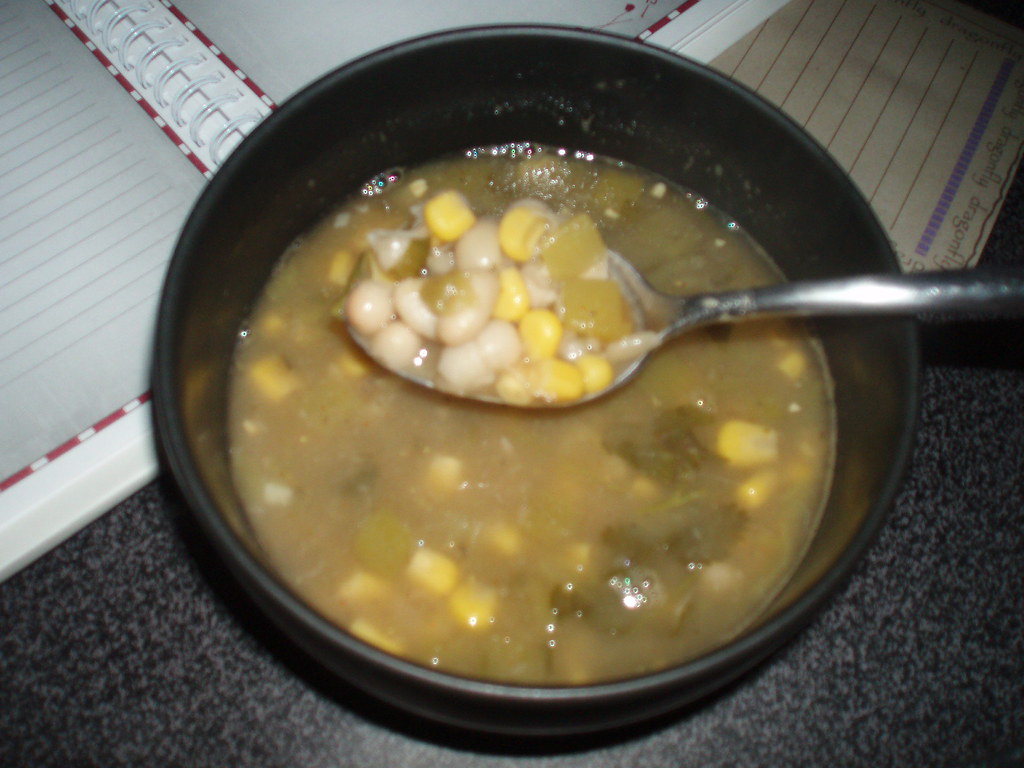


The only issue I have with making the cupcakes, is that the frosting seems to melt within five minuets of sitting out. I use Earth Balance so I am wondering if that is the reason. If anyone has any solution to this, PLEASE let me know :)
On another vegan food blog, Vegan Vice, she lists a series of "Did You Know" facts she got from a Native Foods flyer. I found it to be very helpful for quick facts about food and the effects it has on our planet. I've listed the list from her website below.
Pollution: The meat industry causes more water pollution in the United States than all other industries combined because animals raised for food produce 130 times more excrement than the entire human population does - 86,000 pounds per second. A typical pig factory farm generates a quantity of raw waste equal to that of a city of 50,000 people, but without the sewage system. According to the Environmental Protection Agency (EPA), the runoff from factory farms pollutes our rivers and lakes more than all other industrial sources combined.
Land: Of all agricultural land in the United States, nearly 80 percent is used to raise animals for food. More than 260 million acres of U.S. forest have been cleared to create cropland to grow grain to feed farmed animals. Twenty times more land is required to feed a meat-eater than to feed a pure vegetarian.
Water: Raising animals for food consumes nearly half the water used in the U.S. It takes 2,500 gallons of water to produce a pound of beef, but only 25 gallons to produce a pound of wheat. Also, the EPA reports that chicken, hog, and cattle excrement have polluted 35,000 miles of rivers in 22 states and contaminated groundwater in 17 states.
Global Warming: Meat production causes global warming. The massive amount of animal feces produced in factory farms is the largest source of airborne methane in the U.S. According to the EPA, methane traps heat in the atmosphere more than 20 times more effectively than carbon dioxide does.
Energy: Raising animals for food requires more than one-third of all the raw materials and fossil fuels used in the U.S. Satisfying our appetite for flesh requires fuel to produce fertilizer for the crops that are fed to animals, oil to run the trucks that take them to slaughter, electricity to freeze their carcasses, and much more.
Animals: You can't be concerned about the environment without caring about our fellow inhabitants, the animals. They're made of flesh and blood, have complex social and psychological lives, and feel pain, just as humans do. More than 27 billion animals are killed by the U.S. meat industry each year, and they're killed in ways that would horrify any compassionate person.
"If anyone wants to save the planet, all they have to do is stop eating meat. That's the single most important thing you can do."---- Sir Paul McCartney
